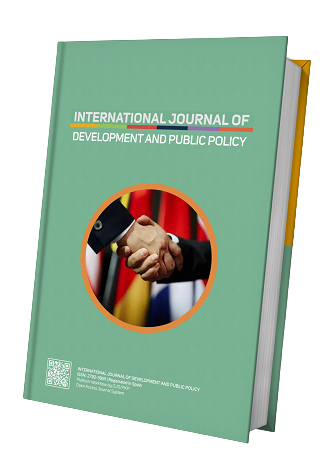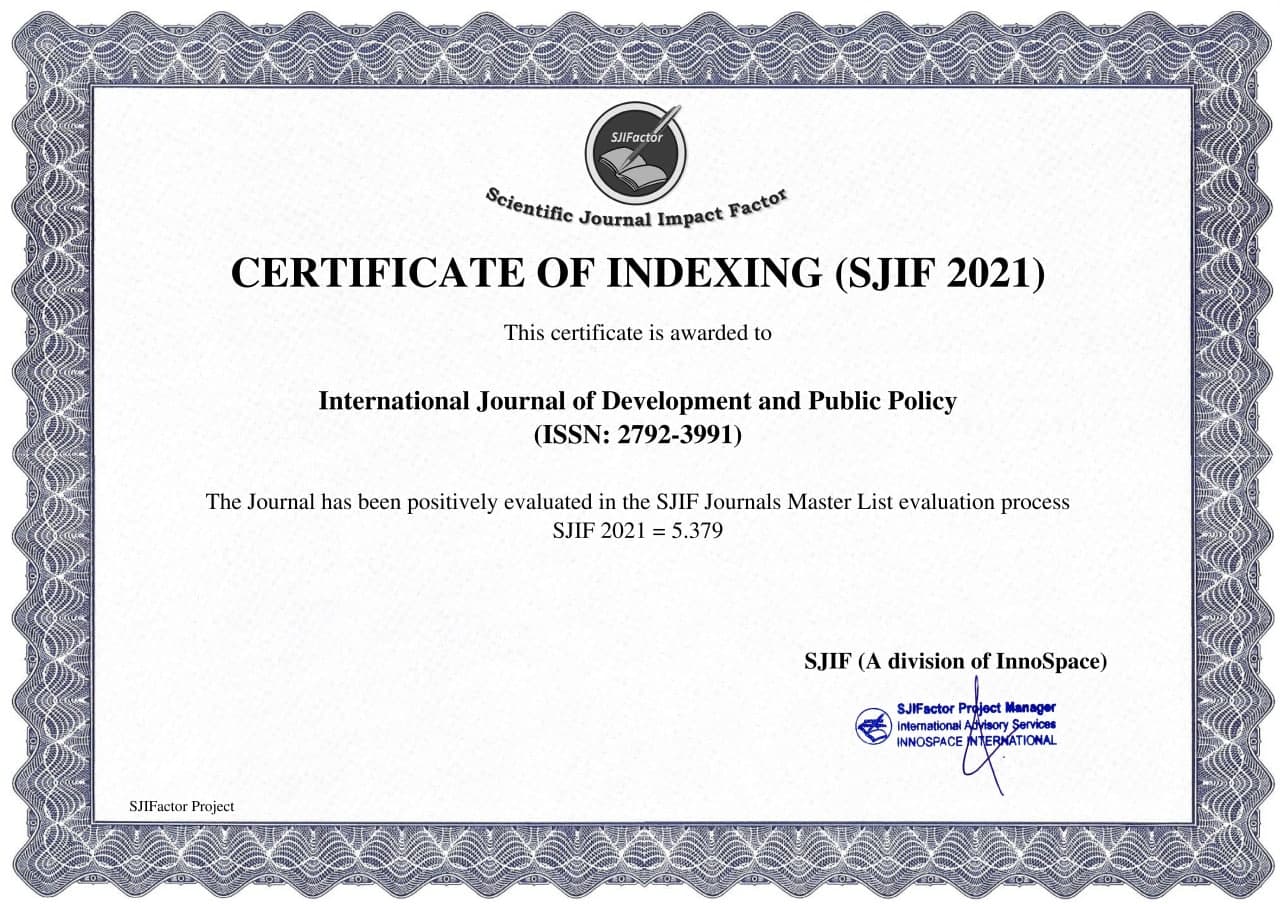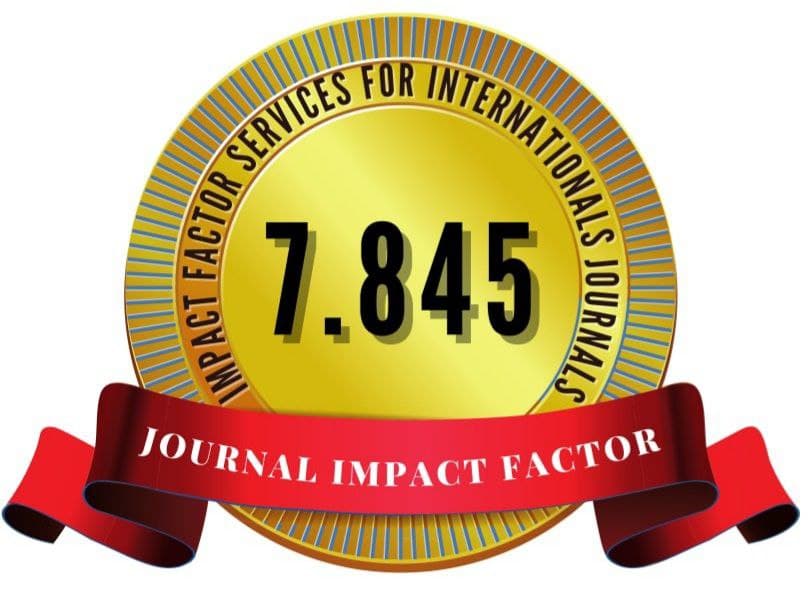Fiscal Discipline in Iraq for the Period (2003-2020)
Keywords:
Fiscal Discipline, Public Expenditures, Public Revenues, the General BudgetAbstract
The research aims to study the levels of fiscal discipline in Iraq for the period (2003-2020), by extracting the annual changes of fiscal variables, and the percentages of these variables from the gross domestic product. The process of controlling the elements of the general budget and its levels is of great importance in sparing the economy from economic shocks and the fluctuations of internal and external conditions, due to the excessive dependence of the Iraqi economy on the oil sector in financing the general budget for the activities of the Iraqi government, which exposes the elements of this budget to lack of fiscal discipline on both sides of public revenues and expenditures. General, as it will appear in the form of a deficit or a fiscal surplus according to the fluctuations of crude oil prices in the global markets. Therefore, the research adopted the hypothesis that "levels of fiscal discipline fluctuate in Iraq due to the quality and direction of oil shocks during the study period." The research relied on the deductive descriptive approach to the analysis in order to achieve the goal and hypothesis of the research.
The research concluded that the fiscal discipline in Iraq was affected by the levels and trends of oil revenues. Public revenues and public expenditures were affected by the fluctuations and fluctuations of oil revenues. Therefore, achieving fiscal discipline in Iraq is a difficult issue to verify. Therefore, the research recommends taking measures and decisions that support fiscal discipline for the components of the general budget and its directions, and work to diversify productive economic activities in Iraq.






